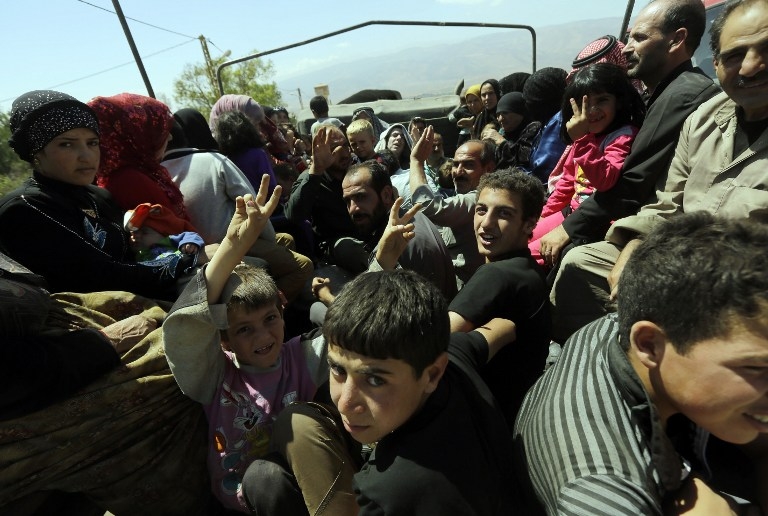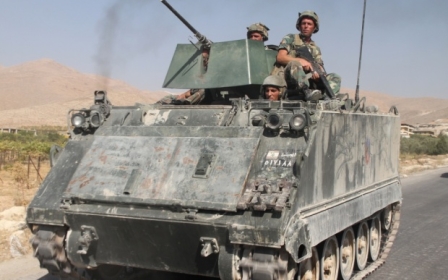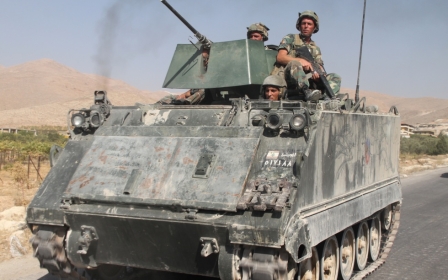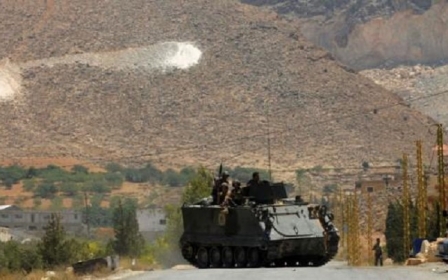HRW: Syria refugees in Lebanon face rising violence

Syrian refugees in Lebanon are facing increasing violence as tensions in the country rise after militants kidnapped or killed dozens of Lebanese security forces, a human rights group warned Tuesday.
Human Rights Watch said it had documented a string of attacks by Lebanese residents against Syrian refugees in August and September.
The uptick came after militants invaded the border town of Arsal, withdrawing with hostages from the Lebanese police and army.
HRW said that attacks it documented were carried out by private citizens, but in several cases appeared to have the tacit support of authorities.
It urged security forces and local authorities to step up protection of Syrian refugees.
"Lebanon's security forces should protect everyone on Lebanese soil, not turn a blind eye to vigilante groups who are terrorising refugees," the group's deputy Middle East director Nadim Houry said.
"Attacking Syrian refugees won't bring back the abducted soldiers or solve the country's refugee crisis."
Those refugees interviewed described being stabbed, shot and beaten, and said they were either too afraid to report the crimes or had their stories dismissed by security forces when they did.
One victim, Basil, described being beaten so badly that he required stitches.
While filing a complaint with police, "the officer just told me that next time I need to be more careful and that I shouldn't be so sensitive about things", he said.
Houry told AFP that attacks by private citizens were just one part of the pressure Syrian refugees in Lebanon face.
"There are also discriminatory curfews imposed by local municipalities and reported abuses by security forces, which HRW is in the process of investigating," he said.
Lebanon is hosting more than 1.1 million refugees, despite an overstretched infrastructure that has failed to meet the needs of its four million citizens.
Despite the massive influx of people, the country has kept its borders open since the war in neighbouring Syria began in March 2011.
But competition for limited resources and the attack on Arsal have contributed to rising tensions, which were further exacerbated by the killing of three Lebanese hostages held by militants.
Earlier this month, the army distanced itself from a video showing troops abusing Syrian detainees in Arsal, saying it was an isolated incident and that any rights violations would be investigated.
Residents there also claimed last week that troops had torched refugee tents during a raid, but an army spokesman dismissed the allegations as "lies".
New MEE newsletter: Jerusalem Dispatch
Sign up to get the latest insights and analysis on Israel-Palestine, alongside Turkey Unpacked and other MEE newsletters
Middle East Eye delivers independent and unrivalled coverage and analysis of the Middle East, North Africa and beyond. To learn more about republishing this content and the associated fees, please fill out this form. More about MEE can be found here.




